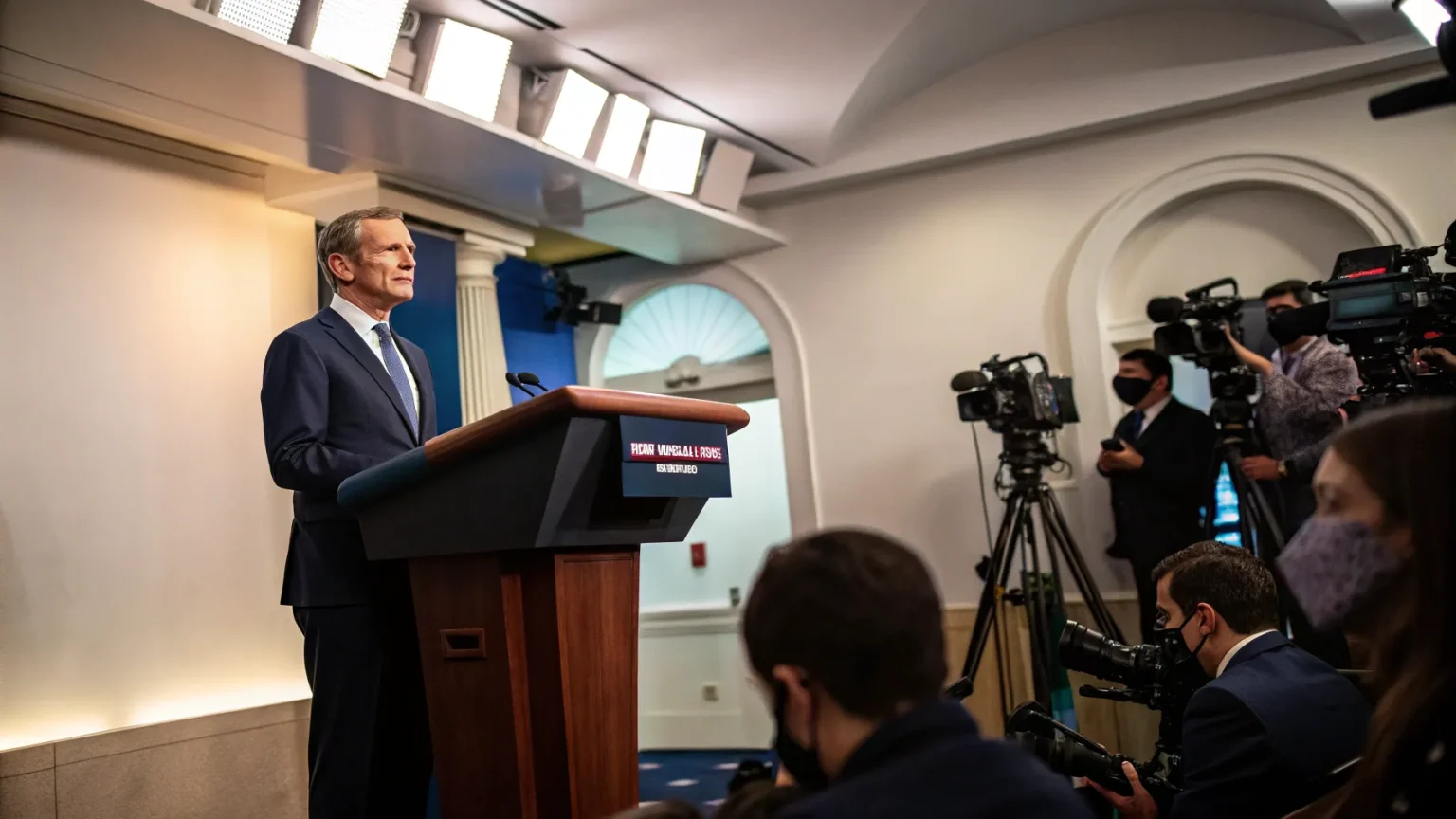U.S. Treasury Secretary Scott Bessent indicated that the administration has backup plans for maintaining tariffs, according to a Reuters report released Monday. Bessent specifically noted that “other authorities that can be used” exist to uphold current tariff structures.
The statement comes amid growing questions about the future of U.S. trade policy and how the administration plans to manage existing tariff frameworks. While Bessent did not elaborate on what specific authorities he was referring to, his comments suggest the Treasury Department is exploring multiple avenues to maintain trade positions.
Trade Policy Options
Bessent’s comments point to the administration’s determination to maintain leverage in international trade relationships. The reference to “other authorities” may indicate the Treasury is considering alternative legal frameworks or executive powers that could be employed if current tariff mechanisms face challenges.
Trade experts note that several options exist within the federal government’s toolkit for implementing trade restrictions outside of standard tariff authorities, including:
- National security provisions under Section 232 of the Trade Expansion Act
- Emergency economic powers
- Executive orders related to trade
- Treasury Department sanctions authorities
Economic Implications
The Treasury Secretary’s statement carries significant weight for U.S. businesses and international trading partners who have been navigating an uncertain trade landscape. Maintaining tariffs through alternative means could affect various sectors of the economy differently.
The administration appears to be signaling continuity in trade policy even if traditional mechanisms face obstacles,” said a Reuters source familiar with the matter.
Financial markets often react to signals about potential changes in tariff policy, as these can directly impact import costs, supply chains, and competitive positions for U.S. companies operating globally.
International Relations Context
Bessent’s comments come at a time when U.S. trade relationships with several major economies remain complex. The statement may be interpreted as a message to trading partners that the U.S. intends to maintain its position regardless of potential legal or political challenges to existing tariff structures.
The Treasury Department plays a key role in implementing aspects of U.S. trade policy, particularly where financial mechanisms intersect with trade restrictions. Bessent’s role as Treasury Secretary gives him significant influence over how certain trade policies are executed.
“Other authorities that can be used,” Bessent told Reuters, suggesting flexibility in the administration’s approach to trade enforcement.
The brief statement leaves open questions about which specific tariffs might be at risk and what alternative enforcement mechanisms the Treasury might consider. It also raises questions about coordination between Treasury and other departments, such as Commerce and the U.S. Trade Representative’s office, which traditionally handle tariff implementation.
Analysts will be watching closely for additional details or policy announcements that might clarify how the administration plans to proceed with its trade agenda and which alternative authorities it might invoke to maintain existing tariff structures.







